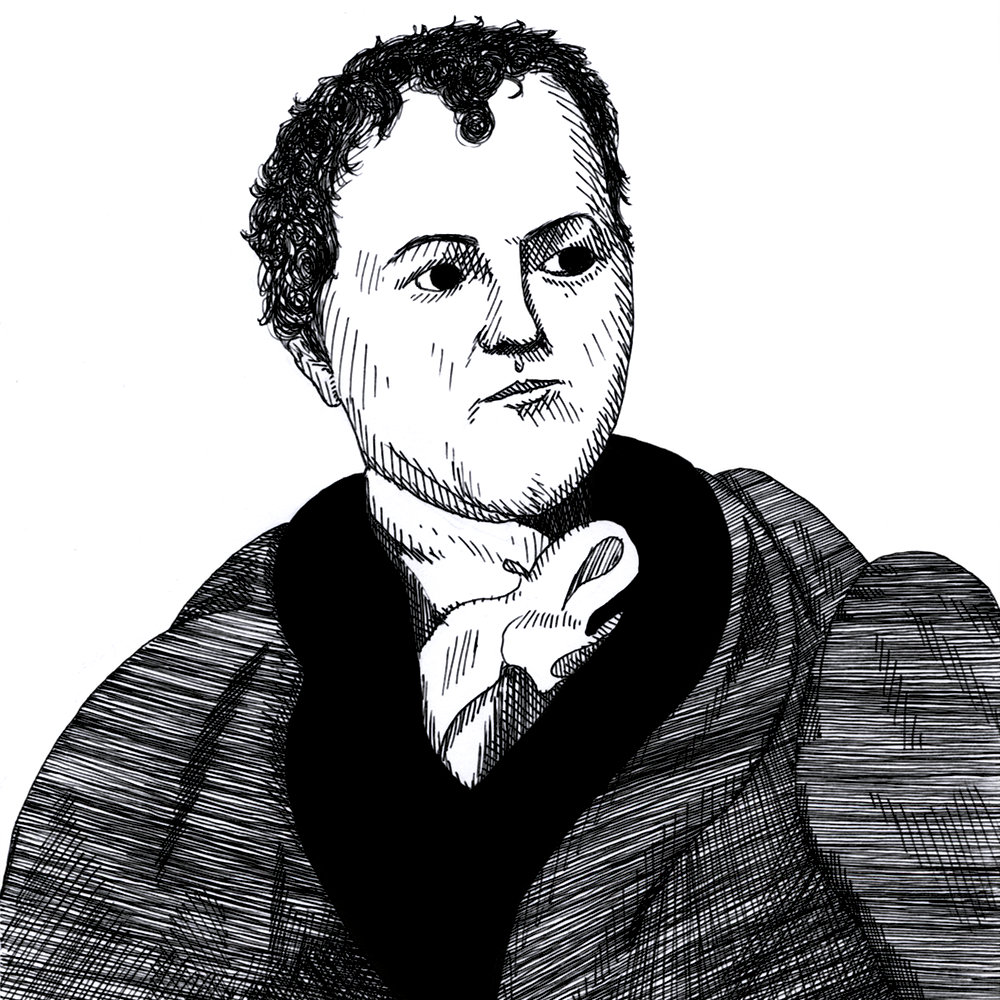
Gershom Carmichael on the idea that civil power is founded on the consent of those against whom it is exercised (1724)
Found in: The Writings of Gershom Carmichael
Gershom Carmichael (1672-1729) argued that the legitimacy of the government lay in the consent the people gave the civil authority when they transferred the rights they had in the state of nature to it:
Natural Rights
When civil power defends the rights of citizens against their fellow citizens or against foreigners, it acts with the consent of those for whose benefit it is exercised. For civil power is in fact nothing but the right which belonged to individuals in the state of nature to claim what was their own or what was due to them, and which has been conferred upon the same ruler for the sake of civil peace.